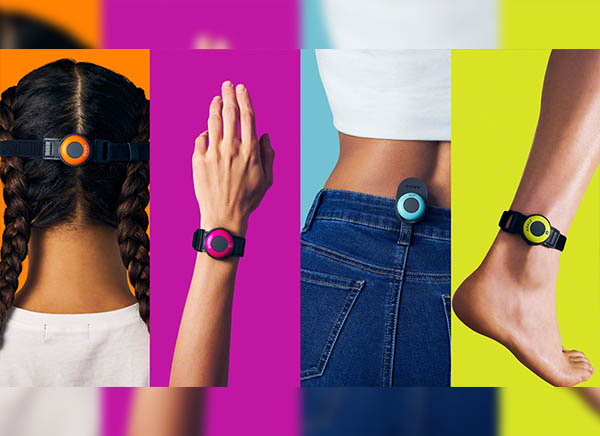
Sony has unveiled a mobile motion capture device called “mocopi”, using only a small, lightweight sensor, realises motion capture and real-time motion input to VR (virtual reality).
Mocopi allows users to effortlessly make avatar videos with motion data that has whole body movements both indoors and outdoors and makes it possible for users to operate avatars in real time with compatible softwares like VRChat.
Typically, motion capture video production calls for specialised tools and personnel. With the help of “mocopi” which uses Sony’s proprietary algorithm, it achieves extremely accurate motion measurement using a limited number of sensors, supporting Vtubers and creators working on the production of movies and animation from a location- and time-based restrictions.
Small sensors measuring 32 mm in diameter, 11.6 mm in thickness, and weighing 8 g to six locations – the head, both wrists, hips, and ankles, which are connected to a smartphone by Bluetooth helps users to play with their avatars ad generates motion data.
Since each sensor is wireless, it is not constrained by power sources or wires and may be attached to the body with ease using the Velcro band or clip that is attached. You can quickly generate motion data outside using this device and a smartphone. You can also input motions to services like VRChat that support it.
Sony will also be releasing a software development kit (SDK) that will help in linking the sensor’s taken motion data to 3D softwares and metaverse apps.
Jesse Joudry, VRChat Inc., CTO and Co-Founder said “VRChat has led the industry in the area of full tracking using PC VR headsets. With the introduction of Sony’s “mocopi”, we are pleased to be able to provide the same functionality for standalone VR headsets. There are various VR headsets on the market. In combination with “mocopi”, we would like users of all headsets to fully experience the full tracking function of VRChat.”
The company hopes to make increase the number of partner companies that would develop services connected to ‘mocopi.’